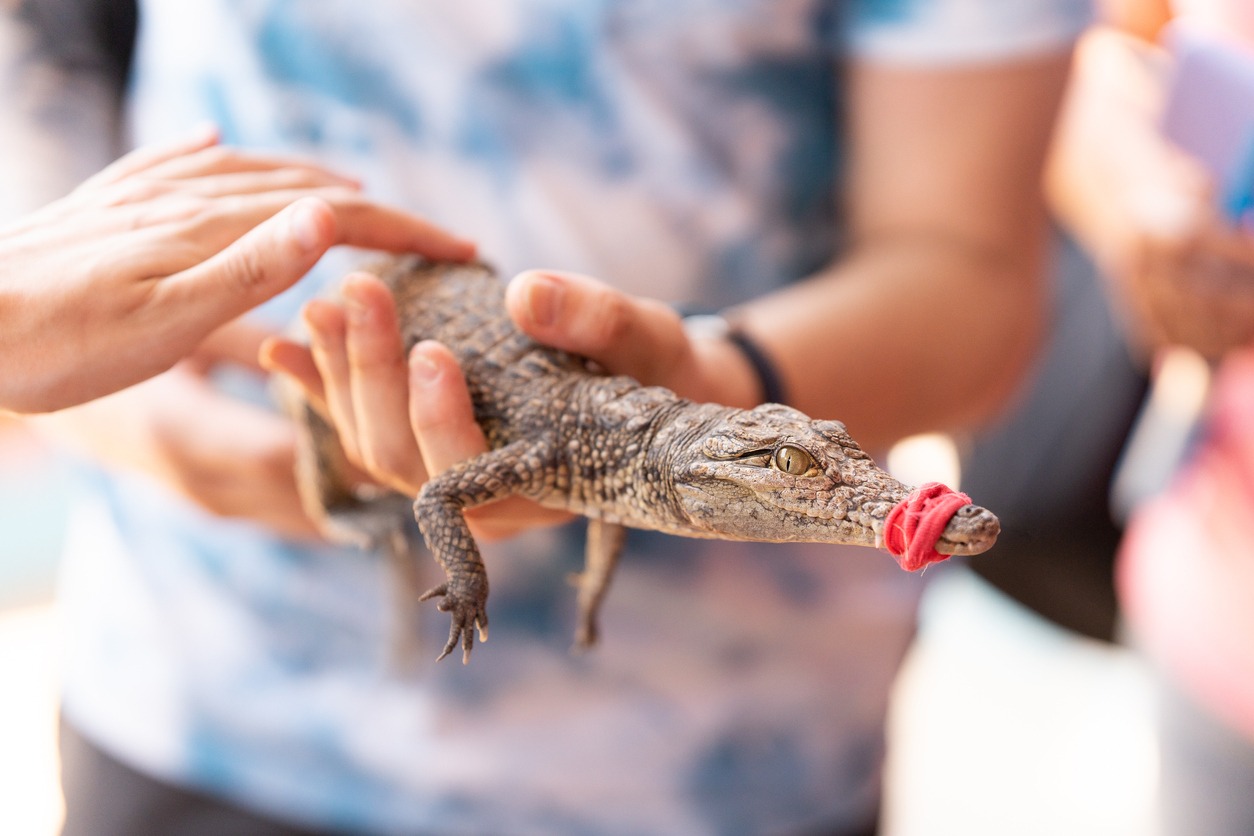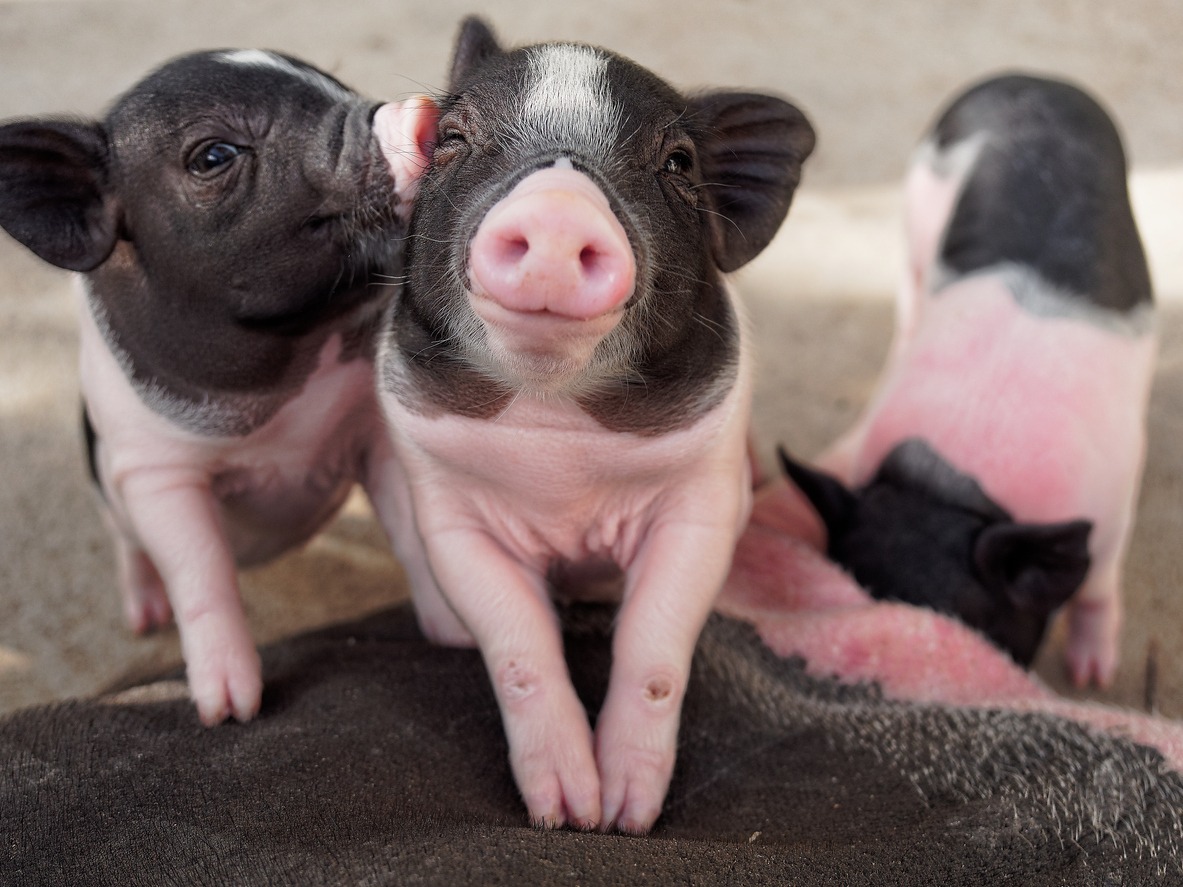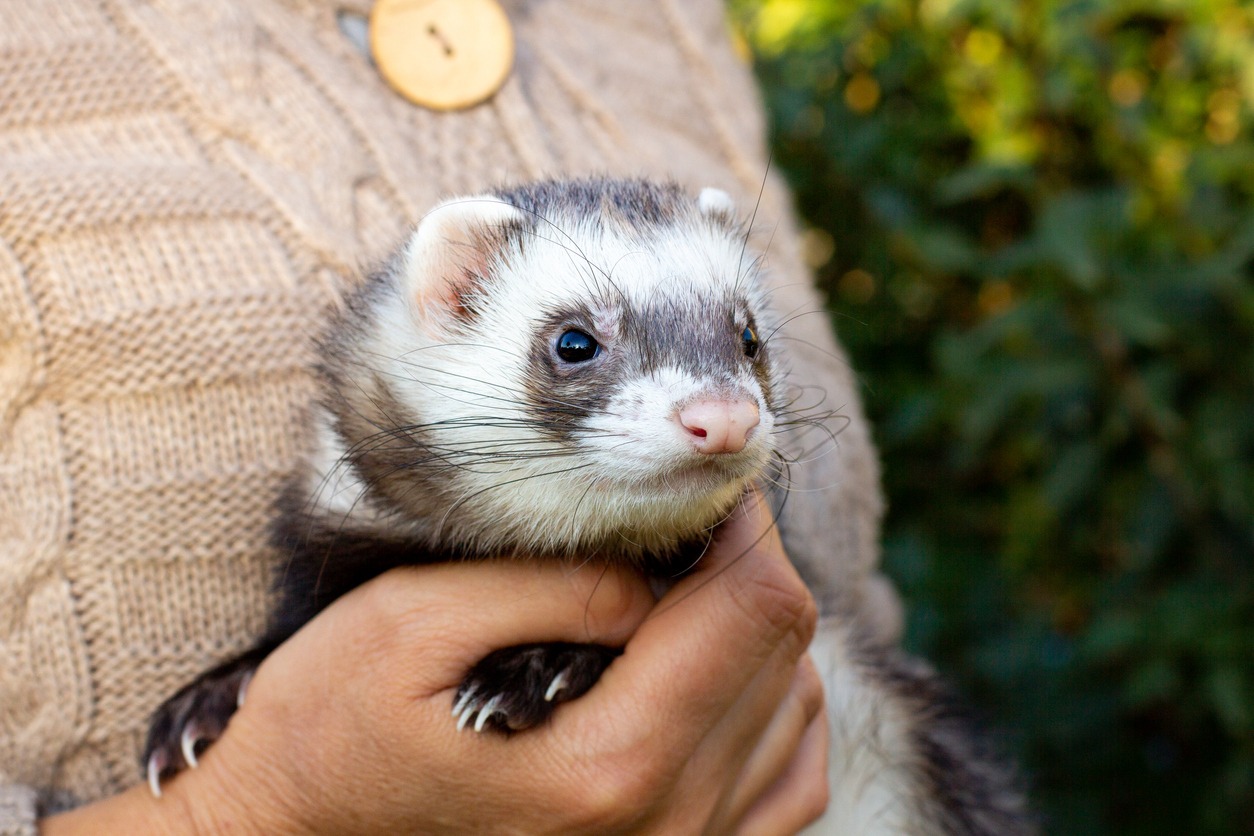Pet ownership is a common practice in many parts of the world, with millions of people welcoming furry, feathered, and scaly companions into their homes. However, what may come as a surprise to many is the existence of specific laws and regulations surrounding pet ownership. While some laws focus on ensuring the welfare and safety of animals, others may seem bizarre and even comical.
In this article, we will explore the most unique and unusual pet laws from around the world, shedding light on the diverse and, at times, peculiar ways in which different countries regulate animal ownership.
United States
Have you ever heard of a dog or a cat running for mayor? Well, in the United States, it’s not as far-fetched as you might think! Welcome to the quirky world of pet politics, where even our furry friends can hold public office. While it may seem unusual, there have been several instances of dogs and cats being elected as honorary mayors in small towns across America. These unique campaigns have brought a sense of fun and community spirit to otherwise mundane political processes.
In Alaska, it is illegal to give a moose a beer; in Illinois, you cannot give a dog whiskey or cigar – nor bring a French poodle to the opera.
In Arizona, it is illegal for donkeys to sleep in bathtubs. In California, it is illegal to whistle for a lost canary before 7 AM, and in Georgia, it is illegal to tie a giraffe to a telephone pole or street lamp.
In other states such as Colorado, it is illegal to keep a wild animal as a pet, unless you are a magician. Meanwhile, in Kentucky, dogs must not molest a passing vehicle. And in Michigan, it is illegal to keep an alligator as a pet. Delaware law on the other hand prohibits the sale of excess dog or cat hair.
Europe
When it comes to dog ownership, Europe has some strict regulations in place. Certain breeds, such as Pit Bulls and Staffordshire Bull Terriers, are prohibited in countries like the United Kingdom, France, and Germany. These bans stem from concerns about public safety and a few high-profile incidents involving these breeds. While the intention behind these regulations is to prevent potential harm, they have also sparked controversy and debates among dog enthusiasts.
In many European countries, owning exotic pets like monkeys, snakes, or even certain types of birds requires special permits or is outright prohibited. For instance, in Sweden, it is illegal to import non-domesticated animals as pets. This includes tarantulas, scorpions, and snakes.
In Switzerland, dog owners are required to complete a training course before they can own a pet. Also, it is illegal in the country to own just one guinea pig (it must be a pair, at least), since guinea pigs are social animals and need constant companionship.
Meanwhile in Sweden, dogs attending a day-care center should be able to see outside a sunny window. In Denmark, if you want to own a dog that is on the government’s “dangerous dogs” list, you must obtain a special permit and keep the dog muzzled in public. In Spain, it is illegal to walk your dog during the hottest hours of the day in the summer. This is to protect the dog from heatstroke.
In Germany, it is illegal to keep your pet goldfish in a circular bowl. They must have enough space to swim freely.
In Italy, it is illegal to dye your pet’s fur. This law was put in place to prevent people from buying animals as fashion accessories.
In the Netherlands, it is illegal to keep your pet bird in a cage that is too small for it to spread its wings.
In France, it is illegal to name your pig “Napoleon.” This law dates back to a time when the French government wanted to prevent people from mocking Napoleon Bonaparte.
In the United Kingdom, it is illegal to sell puppies and kittens under the age of 8 weeks.
In Norway, it is illegal to declaw your cat or crop your dog’s ears. These procedures are considered cruel and unnecessary.
Asia
Singapore takes its pet ownership rules very seriously. In fact, the city-state has some of the strictest restrictions in the world. For example, dog owners must obtain a license for their furry companions, and certain breeds are not allowed due to safety concerns. Cats are not allowed to roam freely and must be kept indoors or in designated outdoor spaces.
In Japan, potential owners must undergo a thorough screening process to ensure they can provide the necessary care for pets such as hedgehogs and other exotic animals.
In an effort to control the dog population and promote public safety, China has prohibited ownership of large dogs in many urban areas. Breeds such as the Tibetan Mastiff and the Chow Chow are among those affected by this law.
When thinking of pets, elephants may not be the first animal that comes to mind. However, in Thailand, these majestic creatures have been domesticated and kept as pets for centuries. Today, owning an elephant comes with strict regulations and requirements. Owners must obtain permits and adhere to specific guidelines on the animal’s welfare and living conditions.
South America
In Brazil, owning a ferret as a pet is strictly prohibited. These playful and mischievous creatures, often sought after for their charm and curiosity, are unfortunately deemed unsuitable companions in Brazilian households.
Argentine law requires dog owners to walk their pet dog at least three times a day. This law is a testament to Argentina’s commitment to promoting the well-being and exercise of our four-legged friends. In Colombia on the other hand, there is a restriction on owning more than three dogs per household.
In Venezuela, there is a prohibition on breeding certain species of birds as pets. This law aims to protect the natural habitats of these exotic creatures and discourage illegal wildlife trade.
Australia and New Zealand
Both Australia and New Zealand have strict regulations in place to protect their unique ecosystems. As a result, there is a long list of animals that are prohibited as pets or require special permits.
In Australia, you can’t keep a ferret as a pet without a permit; in New Zealand, hedgehogs are a big no-no.
Australia has a rule that allows you to keep venomous snakes as pets, but only if you have the necessary permits and the snake’s venom glands have been surgically removed.
The country also has a law that requires goldfish owners to register their pets.
If you want to keep a crocodile as a pet in New Zealand, you’ll need to obtain a special exemption from the Department of Conservation. Also, some cities in the country only allow a certain number of dogs per household.
Conclusion
It is interesting to explore the various pet laws around the world and how they reflect the cultural values and norms of each society. While some may seem unusual or even absurd, it is important to recognize that these laws are put in place for the well-being and safety of both humans and animals. As pet ownership continues to increase globally, it will be intriguing to see how these laws evolve and adapt to the changing attitudes towards pets.






